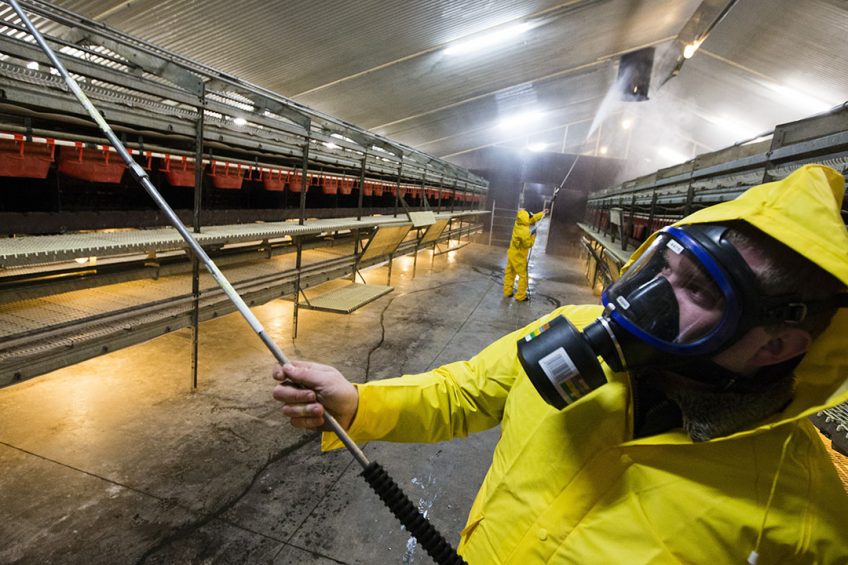Continuing AI epidemic hurts Russian poultry export

New outbreaks of highly pathogenic avian influenza (AI) in Siberia negatively affect the country’s poultry exports, Russian magazine Agroinvestor reported, citing market analysts.
AI outbreaks have been reported in 4 Russian regions, Albert Davleyev, president of Russian consulting agency Agrifood Strategies said. Poultry farmers in Chelyabinsk Oblast and Omsk Oblast are not allowed to export poultry within the Customs Union, and Chelyabinsk Oblast has furthermore lost permission to sell poultry products to China, Davleyev said. The epidemic has already had a negative impact on several companies. Agricultural holding Ravis and Zdorvaya Ferma, both located in Chelyabinsk Oblast, were selling broiler meat to China but were hit by the introduction of the export restrictions.
The Russian veterinary body Rosselhoznador has been negotiating with the Chinese customs service, discussing the possibility of allowing Russian poultry farms with the highest level of sanitary protection to resume exports, Davleyev said. Davleyev added that even without this permission, the export restrictions should not hurt the affected farms too badly, as their sales to non-Russian customers are limited to 10% of their overall sales.
Exports are on the rise
In 2020, Russian poultry farmers plan to sell 280,000 tonnes of poultry meat to non-Russian customers, 33% up compared to the same period of the previous year, said Sergey Lakhtykhov, general director of the Russian union of poultry producers. Russia plans to grow its poultry export in the coming few years, Lakhtykhov said. The main focus is on halal poultry products, Lakhtykhov said. In 2019, the overall sales on the global halal poultry market are worth approximately US$ 1.17 trillion. Russia only accounts for Rub34 billion (US$ 500 million) of this market. Russia produces around 650,000 tonnes of halal poultry per year.
 Avian influenza
Avian influenza
Find out more about the causes and effects of avian influenza and many other poultry diseases in our health tool.
AI hits Kazakhstan
While Russia is struggling with AI, the virus is spreading to 4 regions in Kazakhstan, the country’s Agricultural Ministry said in a statement on 24 September. In total, 100,000 tonnes worth of broilers have been culled, with millions more in jeopardy, the Ministry warned. So far, no citizens have been infected with the AI, said Timur Sultanganziev, chairman of Kazakhstan’s safety and quality committee. The Ministry announced plans to start with a large-scale vaccination campaign, targeting 5 million birds. On top of that, all infected poultry farms will get compensation from the state budget for each bird lost, the Ministry added.













